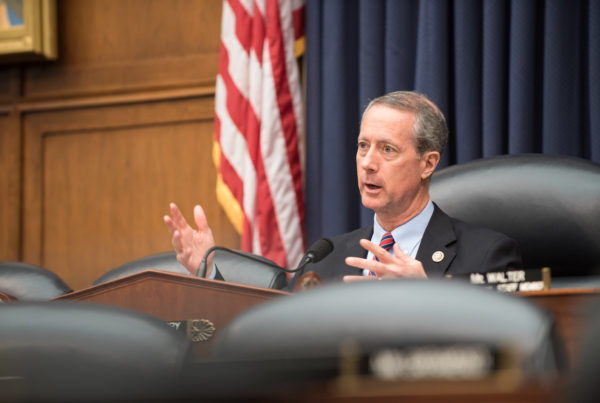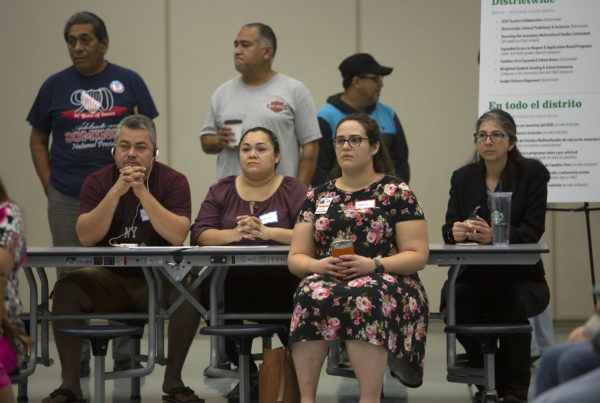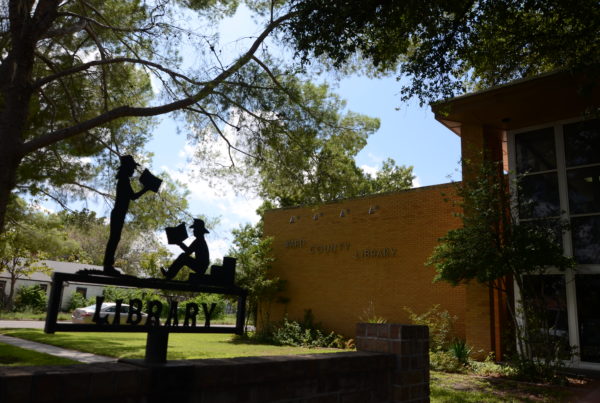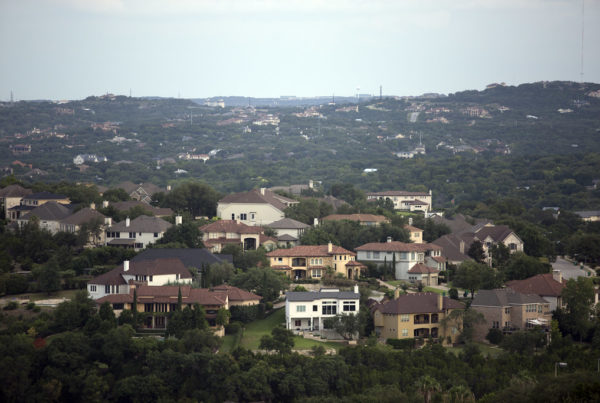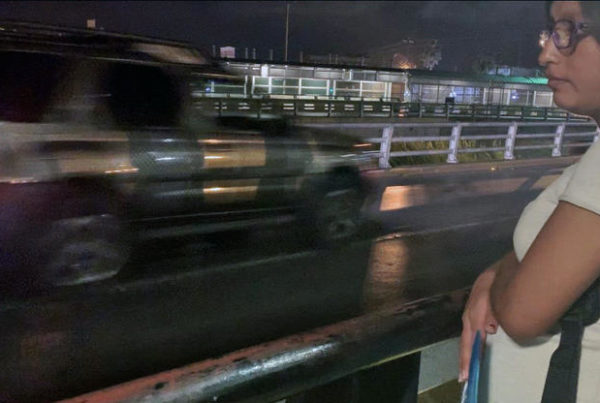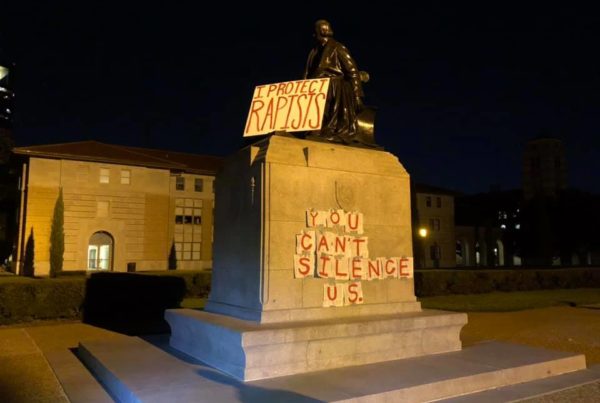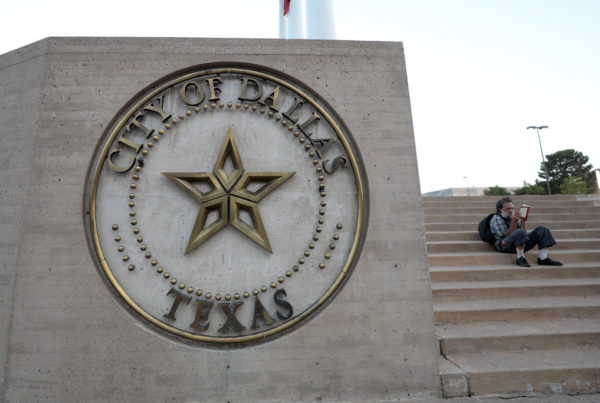Rural Texans often face disadvantages when it comes to health care. Doctors are in short supply and hospitals are located far away from many residents. The Washington Post has reported that, until recently, one doctor in Van Horn served as the primary physician for people living within an 11,000 square mile region in West Texas. Health experts say something must be done because problems in the health care system have ripple effects throughout the community.
Dr. Jane Bolin is a professor of health policy and management, and deputy director of the Southwest Rural Health Research Center at Texas A&M University. She says some people have to drive for hours for even basic medial care. But it’s even more problematic when emergency care is far away.
“When there is no rural hospital close by, it, in turn, can lead to devastating effects on the entire community,” Bolin says. “It definitely has an impact at all levels, on community and regional life.”
Bolin recently co-wrote an article for The Conversation US, showing how a number of rural hospitals in Texas are “near collapse.” She says that happens when the hospitals don’t make enough money from patient bills to pay for what it costs to run the hospital.
“It’s just not enough to meet overhead,” Bolin says.
She says these hospitals often seek public funds or money from foundations or private benefactors to try to stay in business. But that isn’t always a lasting solution. And when hospitals fail, the community also ends up losing the medical professionals who worked in them.
“The nurses, the physicians, the laboratory [staff], the pharmacists, they all tend to move to a place that’s more stable,” Bolin says. “So it has a really cascading effect on the entire community.”
There’s no easy solution, she says. But one thing that could help would be to reevaluate Medicaid and Medicare rates paid by the government to the hospital, because sometimes they’re too low to cover the cost of operating the hospital.
“So that it allows that small rural hospital … to keep their doors open,” Bolin says.
Also, expanding Medicaid in states that didn’t do that under the Affordable Care Act would help. She says the states that didn’t expand Medicaid are having the most trouble keeping rural hospitals open.
“Many of the states that did not expand are seeing their rural hospitals closing because there are fewer and fewer [people] who can qualify for Medicaid safety net insurance,” Bolin says.
Written by Caroline Covington.




